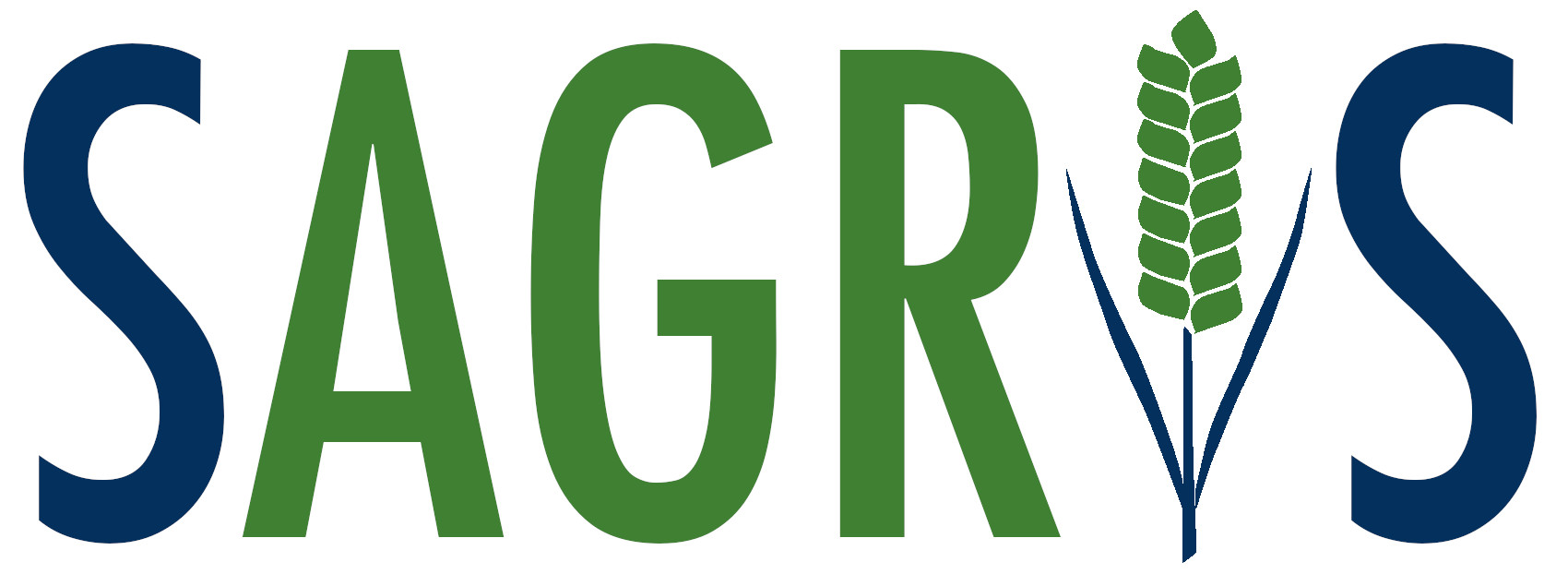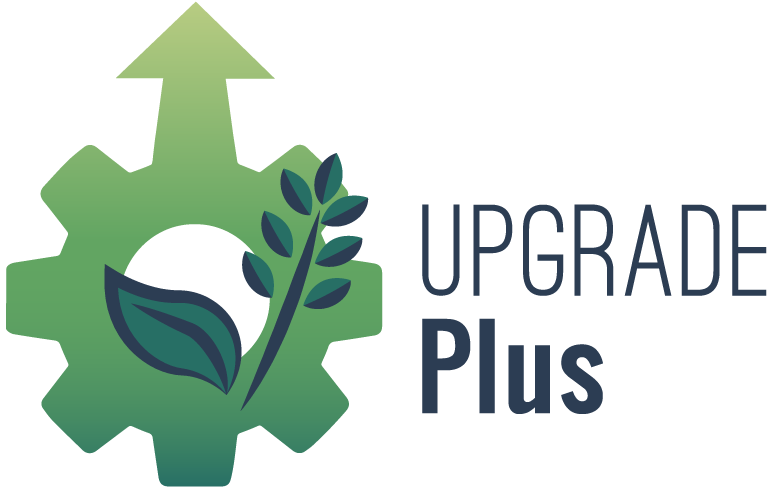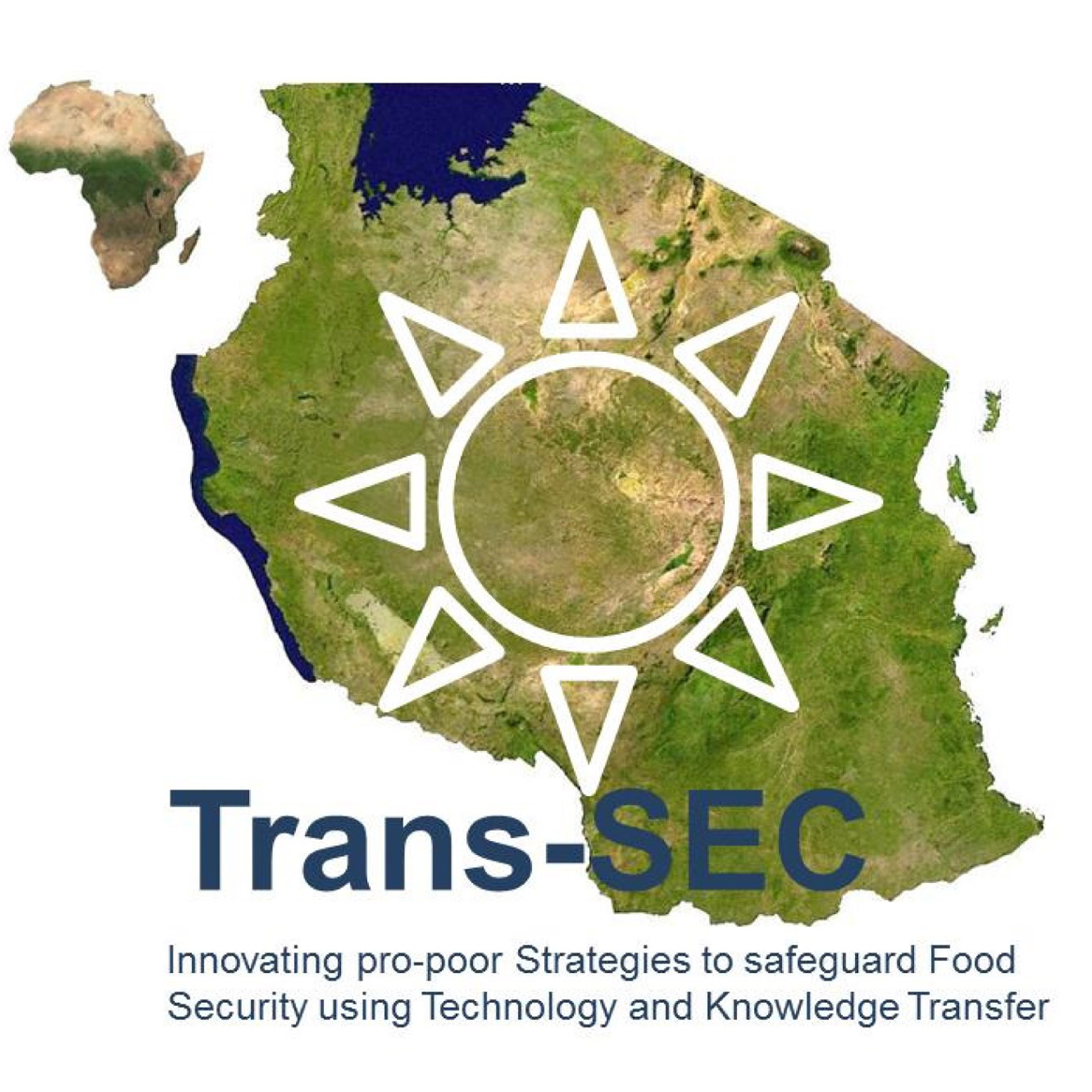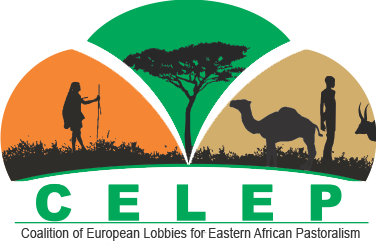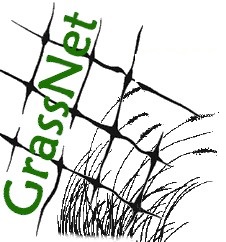Hussein Tadicha Wario (PhD Agricultural Sciences)
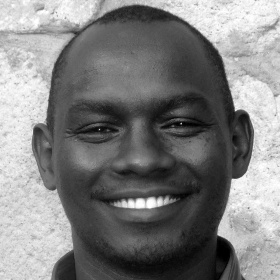 |
Research Associate Email: This email address is being protected from spambots. You need JavaScript enabled to view it. ; This email address is being protected from spambots. You need JavaScript enabled to view it. Phone: +254 721 839 306 Skype: hussein.wario |
| Training | Hussein completed his BSc (Botany and Zoology) at the Jomo Kenyatta University of Agriculture and Technology (Kenya) in 2002 and obtained his MSc in Natural Resource Management and Sustainable Agriculture at the Norwegian University of Life Sciences (Norway) in 2006. He conducted his PhD research at DITSL. |
| Career | He has worked for CARE International in Kenya for over 4 years in Northern Kenya. During his time with CARE, Hussein worked in various projects. He worked as project officer for Institutional capacity building project (2007-2008) and in 2009 coordinated a project with multiple components such as livelihood activities, water and sanitation and education among refugee hosting communities in North Eastern Kenya. In 2010 he worked as program officer in Global fund funded project in Nairobi and later in 2011 joined the Adaptation Learning Program as disaster risk reduction officer. In 2011, he joined DITSL in order to conduct his PhD research in the frame of the collaborative research project “Livelihood diversifying potential of livestock based carbon sequestration options in pastoral and agro pastoral systems in Africa” led by ILRI and funded by BMZ. In 2015, he defended his PhD thesis titled “Integrated assessment of resource use strategies among the Borana pastoralists of southern Ethiopia”. |
| Research Interests |
His main research interest is on areas of pastoral land use systems, communal grazing resource management, resource use conflicts, and climate change adaptation. |
Oliver V. Wasonga (PhD Rangeland Ecology)
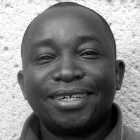 |
Post Doctoral Fellow (GrassNet programme) Email: This email address is being protected from spambots. You need JavaScript enabled to view it. |
| Training | Oliver Wasonga obtained his Bachelor’s degree in range management and Master’s degree in range ecology from the University of Nairobi. He specialised in rangeland ecosystems analysis for his PhD completed in 2009. |
| Career | Since 2008, he has been a lecturer at the Department of Land Resources Management and Agricultural Technology, University of Nairobi, Kenya. Currently (September, 2011 – March, 2012). He is currently based at German Institute for Tropical and Subtropical Agriculture as a post doctoral fellow. Between 2005 and 2006, he worked briefly with the Intergovernmental Authority for Development (IGAD) Water Harvesting Pilot Project in Kenya as a research scientist. From 2001 - 2002, he worked on a contractual basis as a range scientist with Regional Land Management Unit (RELMA) at ICRAF in Kenya. |
| Experience abroad | Oliver Wasonga participated in the following trainings abroad: Interactive course at the University of Linköping in Sweden, short courses at Ben Gurion University in Israel and brief experiences at Wageningen University in the Netherlands and University of Cambridge in the United Kingdom. |
| Research | His main research interests include rangeland ecosystems analysis, socio-ecology of pastoral production systems, and natural resources management. |
| Current research projects | He has been involved in the just concluded project: “Strengthening the adaptive capacity of rural poor to water scarcity in Kenya’s drylands”. A pilot study for Advancing Capacity to Support Climate Change Adaptation (ACCCA) project funded by UNITAR and START. |
| Teaching | At DITSL, he is involved in writing of collaborative research proposals, co-supervision of MSc and PhD students and teaching under the DAAD-funded GrassNet programme. At the University of Nairobi, he lectures on range ecology, plant taxonomy, range plants and their values, agro-silvo-pastoral systems, and range project planning and appraisal. |
Claudia Levy (MSc Human Geography)
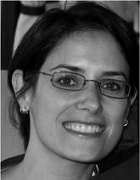 |
PhD Student Email: This email address is being protected from spambots. You need JavaScript enabled to view it. Skype: claudialevy07 |
| Training | Claudia Levy specialized in society-nature relations studying fringe communities and management of Conservation Areas. Field studies were carried in the semi-arid region of Brazilian’ northeast and in Ghana. She holds an MSc on Human Geography from the São Paulo State University of Campinas - UNICAMP, Brazil; and a Joint International MSc on Regional Development Planning and Management under the SPRING Program from the University of Dortmund, Germany and the Kwame Nkrumah University of Kumasi, Ghana. |
| Career | During her studies, Claudia Levy worked in the University Junior Enterprise from 2000 to 2002. From 2002-2004 she worked on an internship basis at the São Paulo Government State Secretariat on Science, Technology, Economic Development and Tourism and then with the consultancy group Indústrias Criativas Estratégias e Projetos Ltda, both in São Paulo, Brazil. For a 6-month period between 2004 and 2005 Claudia worked with fishermen and park management under a Community-Based Development Program from the Forestry Institute of Sao Paulo, in the Cardoso Island State Park, Brazil. Later, during her master studies in 2005 she worked with Popular Cooperatives within the Technologic Incubator Program (ITCP) from the UNICAMP University in Brazil. For her studies in Germany and Ghana (2006-2008) Claudia was a DAAD Scholarship holder. She joined DITSL as a PhD student in November 2009. |
| Experience abroad | Apart from working experience in Brazil, Claudia has conducted extensive field research in Ghana and Mozambique. |
| Research |
Claudia’s PhD topic is on “Social learning to promote decent living and working conditions of rural households in Mozambique”. She is supervised by PD Dr. Brigitte Kaufmann, DITSL and Prof. Dr. Edward Webster, Department of Sociology at the University of Witwatersrand (WITS), South Africa in collaboration with Dr. Siboniso Moyo, ILRI’s regional office in Mozambique. She is a DAAD Scholarship holder under ICDD-Exceed Program (ICDD is a centre of excellence for development research funded by DAAD) and her field work is part of the ILRI/BMZ project: Adaptive Capacity: “Supporting the vulnerable: Increasing the adaptive capacity of agro-pastoralists to climatic change in West and Southern Africa using a transdisciplinary research approach” . |
Magdalena Werner (MSc. Agrarwissenschaften)
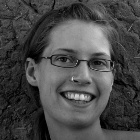 |
Research Assistant Email: This email address is being protected from spambots. You need JavaScript enabled to view it. Phone: +49 (0) 5542 607 0 / 32 |
| Training | Magdalena Werner studied agricultural sciences at the Universities Kassel/Witzenhausen and Göttingen. She specialized in agricultural economics and social sciences with an emphasis on agricultural politics, rural development and natural resource management. |
| Career | During her studies at the University Göttingen she worked as student research assistant in the Department of Agricultural Economics and Rural Development on Marketing research and on Food Security and Rural Development. In 2008 she got an ASA scholarship and spent three months in Bénin, working on the value chain of water melon producers in Northern Bénin. From 2009 – 2010 she wrote her master thesis Adaptation to climate variability: production strategies of Fulani agro-pastoralists in Mopti Region, Mali at the DITSL under the supervision of PD Dr. B.A. Kaufmann. She conducted fieldwork for three months in Mopti region, Mali and collected data with a participatory rural appraisal approach. She applied qualitative methods such as communication tools and open in-depth interviews. Since 2010 she is responsible for the collaboration with two producer groups in Mopti region, Mali. In 2011 she started working at the DITSL as research assistant and conducts evaluation and monitoring, project documentation and project acquisition. |
| Experience abroad | Magdalena Werner has experience in USA, Turkey, Bénin and Mali and short-term experience in Rwanda and Burundi. |
| Research | Her main interest is on qualitative methods, system analysis, low external input systems and resource management. |
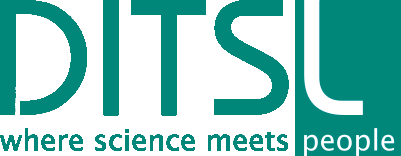
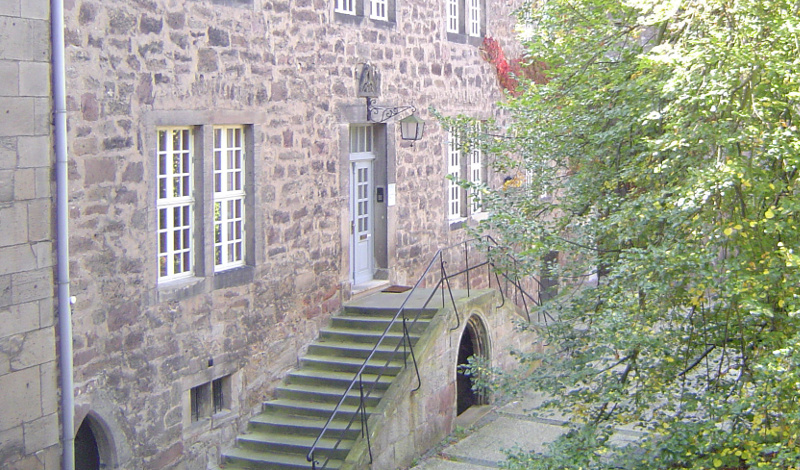




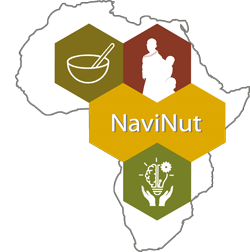 NaviNut
NaviNut